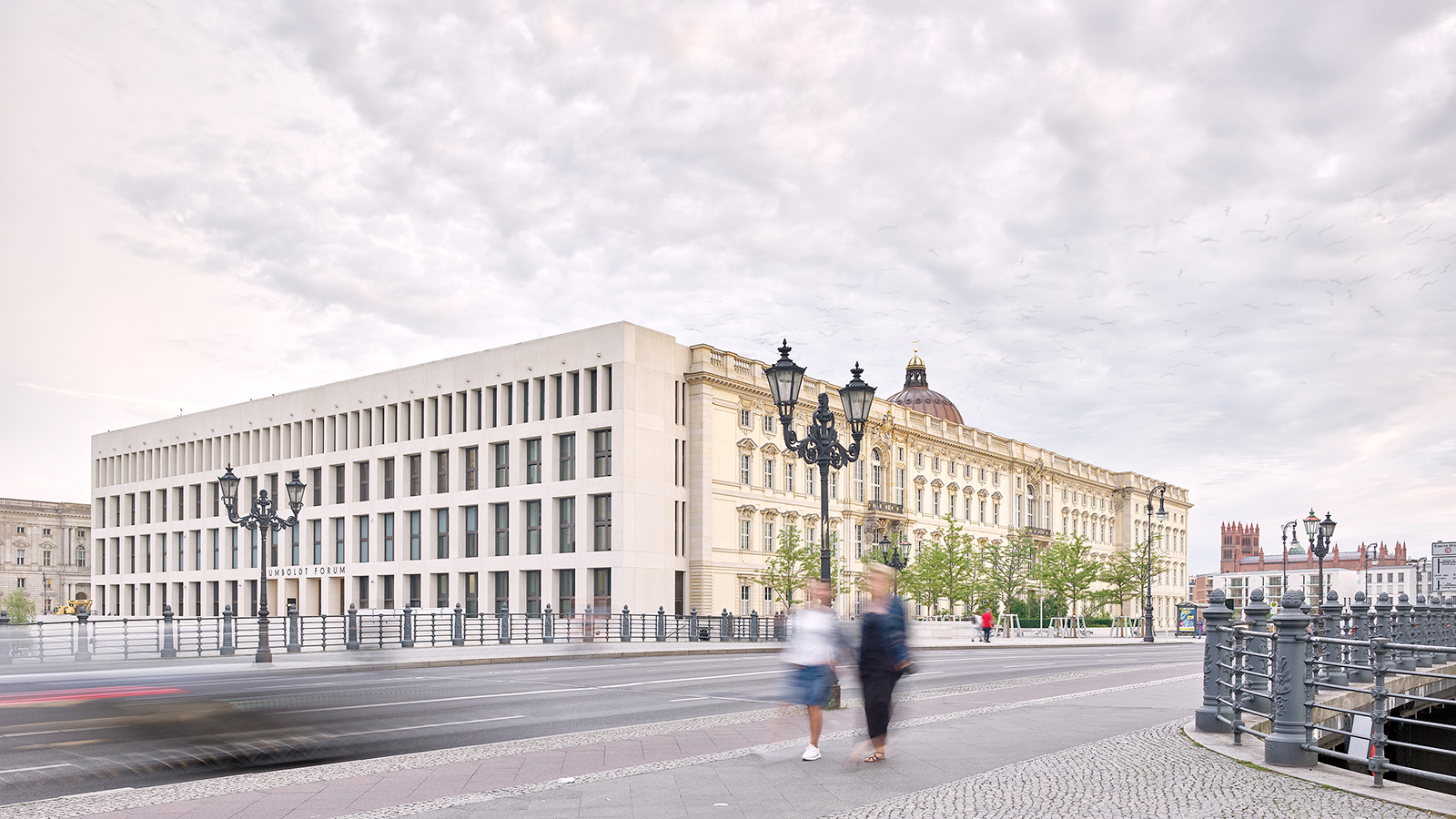For the cultural sector to rebound from a devastating 2020 that saw museum visitorship drop a precipitous 77 percent was never going to be easy. And 2021 posed its own set of challenges: while vaccination programs were rolled out and travel restrictions were eased, COVID-19 and its variants persisted, claiming more lives than in 2020. But compared to the pandemic’s first year, museums globally stayed open for more days in 2021, paving the way for a recovery that’s been cautious at best.
Nonetheless, there’s been recovery, as borne out in The Art Newspaper’s latest ranking of the world’s 100 most popular institutions. The 2021 edition of its annual Visitor Figures survey recorded an overall upswing in visitor numbers: 71 million in 2021 compared to 54 million in 2020, representing a 31 percent increase year-on-year. The figure, however, remains a far cry from the 230 million visitors logged in 2019.
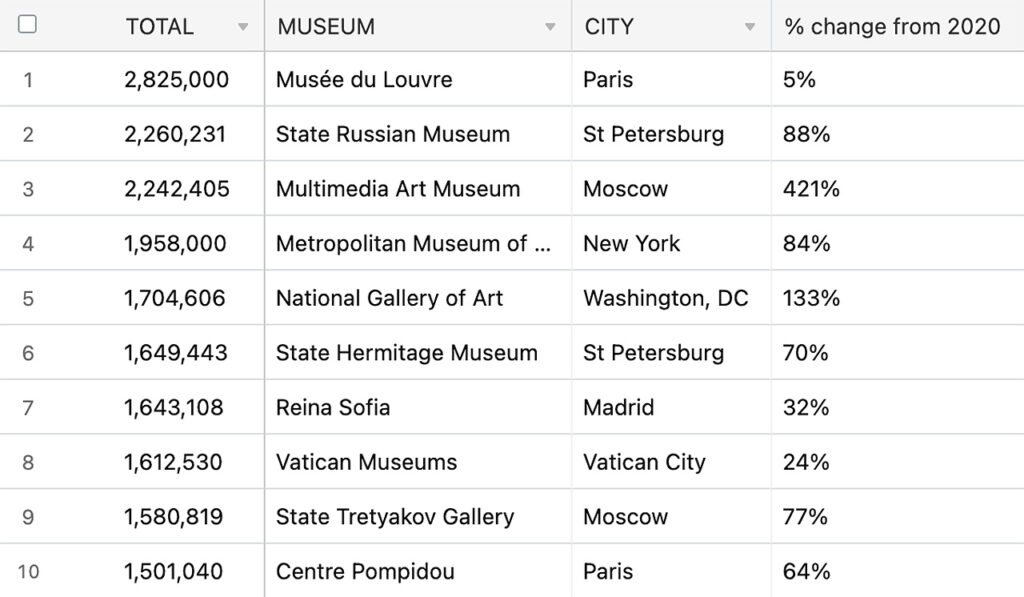
In 2021, the Louvre continued to dominate in terms of visitor numbers, followed by Russian institutions State Russian Museum and Multimedia Art Museum, which were less impacted by lockdowns. Image: © The Art Newspaper
Again and as ever, the Louvre tops the list, having drawn 2.8 million people through its doors in 2021, a five percent rise compared to 2020’s numbers. It’s followed closely by Russia’s State Russian Museum and Multimedia Art Museum, with the latter topping its 2020 visitorship by over 400 percent, as well as US entries, the National Gallery of Art in Washington, D.C. and the Metropolitan Museum of Art in New York, which reported a healthy 84 percent more visitors in 2021.
According to The Art Newspaper, some of China’s state-run museums could not provide data for 2021, accounting for the absence of top 10 regulars like Beijing’s National Museum of China. Still, the list offers a useful measure of how cultural participation panned out over the past year. Here are some key findings.
Newcomers take the stage
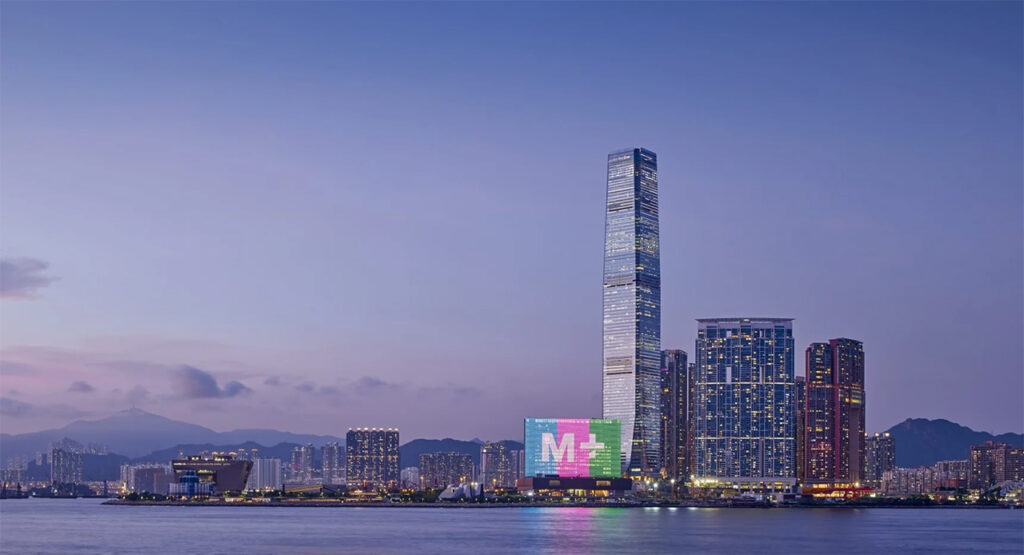
Alongside newcomers like Humboldt Forum and the Museum of Art Pudong, M+ Museum made the list, attracting more than 370,000 visitors in 2021. Image: M+ Museum
Despite the turmoil of the past two years, new museums continued to emerge and more so, welcome a sizable number of visitors throughout 2021. Making The Art Newspaper’s list are newcomers including Paris’ Bourse de Commerce-Pinault Collection, Shanghai’s Museum of Art Pudong, and Hong Kong’s M+, each clocking more than 300,000 guests. Leading the pack is Berlin’s Humboldt Forum, which opened in July and saw in some 515,000 visitors.
Notably, prior to their much-anticipated openings, both M+ and Humboldt Forum had initiated digital launches, establishing robust online presences and programs that might have gone some way toward activating in-person attendance.
The continued impact of lockdowns
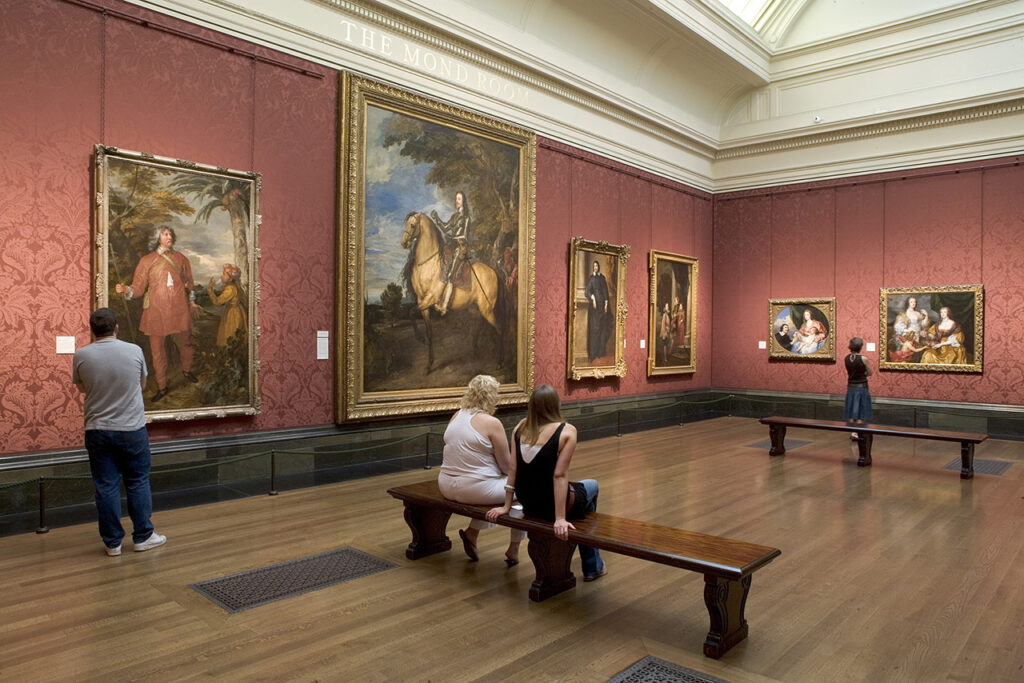
Among UK institutions, the National Gallery saw the biggest drop in visitor numbers, which the museum has attributed to its lack of exhibitions in 2021. Image: © National Gallery, London
Unhappily, recovery has not been equal across institutions. The Art Newspaper’s report found that some museums in Europe in particular recorded fewer visitors in 2021 than in 2020 due to the number of days they had to stay closed. The Netherlands, for instance, saw 150 days’ worth of shutdowns last year, precipitating dips in visitor numbers at institutions like Rijksmuseum (7 percent).
In the UK, where cultural venues were closed 139 days in 2021, the Victoria & Albert Museum, Tate Modern, and National Gallery all registered lower attendance, with the latter suffering a stunning downturn of 41 percent. Following a year lacking in shows, it’s visitorship that the National Gallery is attempting to regain with exhibitions like Virtual Veronese, which uses technology to enhance an onsite offering.
Online vs onsite
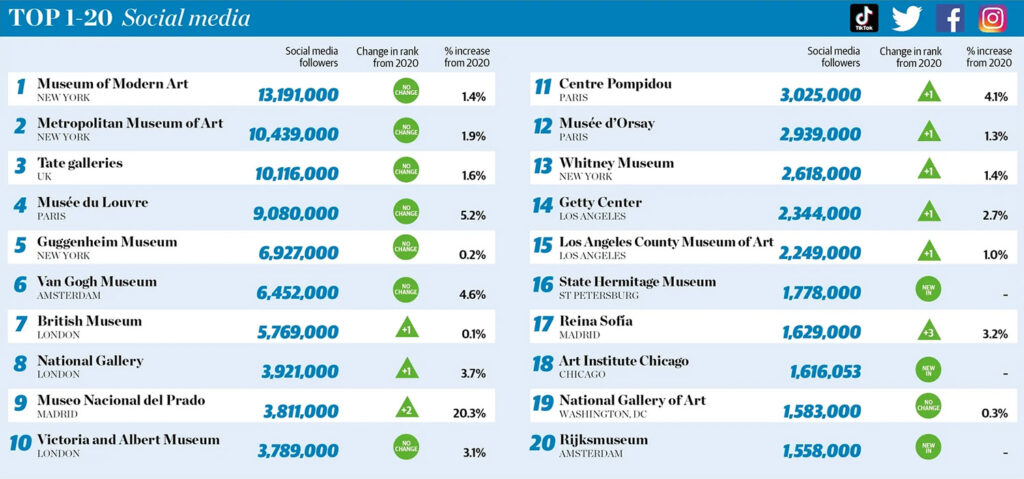
While museums’ social media growth has largely slowed this year, institutions like Museo Nacional del Prado saw 20 percent rise in its numbers, thanks to an active TikTok presence. Image: © The Art Newspaper
As part of its survey, The Art Newspaper also analyzed museums’ followings across social media platforms including Instagram, Facebook, Twitter, and TikTok. The Museum of Modern Art once more took the top spot with a social following numbering more than 13 million, with the Museo Nacional del Prado recording the highest follower increase of 20 percent, thanks to an active TikTok presence.
But following massive growth in 2020 (when the top-ranking museums enjoyed a 30 percent rise in follower numbers on Instagram), museums’ social media figures in 2021 have been “staid,” according to the outlet, likely as onsite programs returned. MoMA’s Automania, for one, drew an impressive 475,000 attendees, while the British Museum enjoyed a 4 percent increase in visitorship, aided by high-profile openings like Nero: The Man Behind The Myth — footfall that sees the lure of unique cultural experiences meeting the increased consumer desire for in-person participation.

